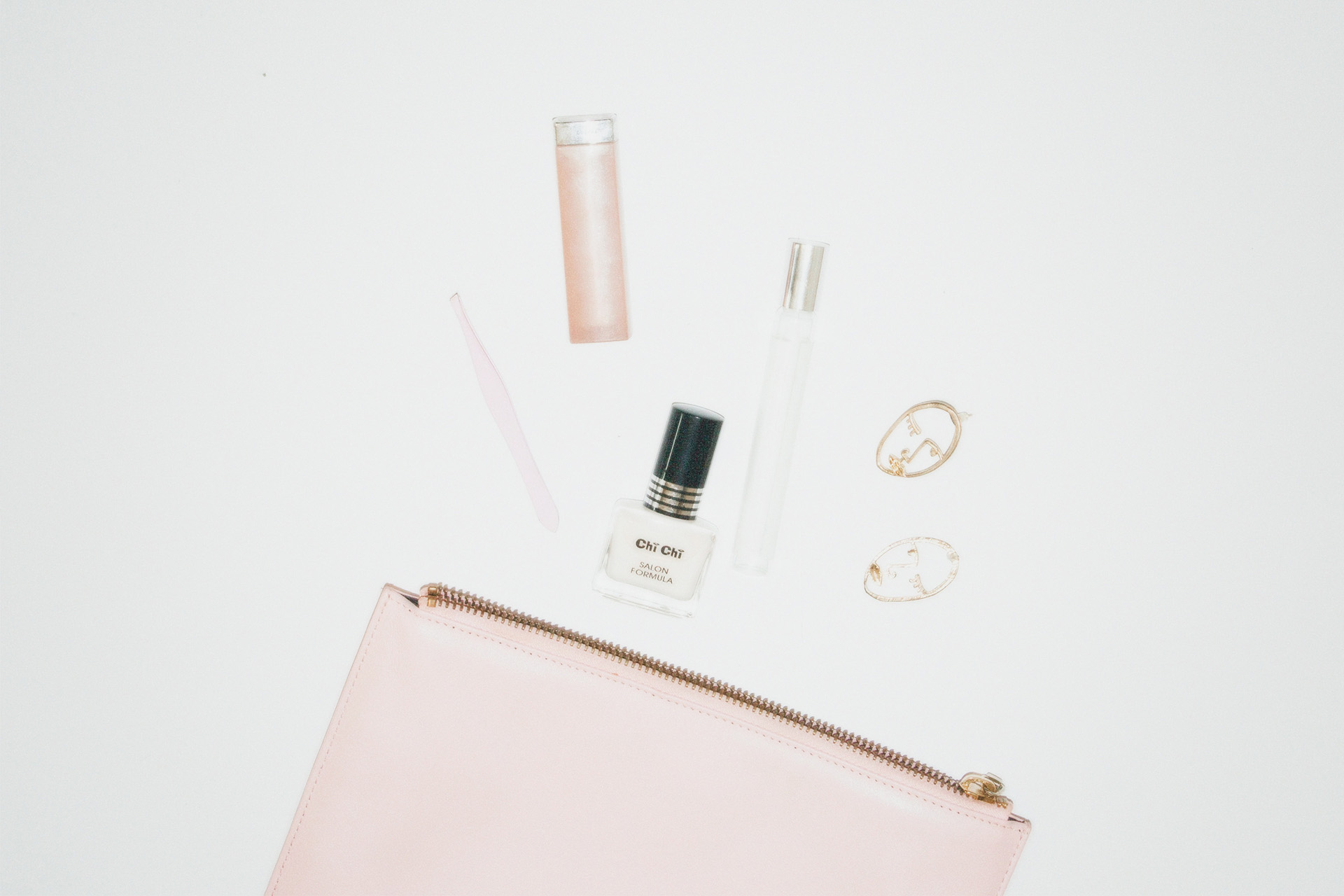Cosmetic enhancements have become increasingly popular in recent years, reflecting society’s growing focus on appearance and self-image. From non-invasive procedures like Botox and fillers to more complex surgeries such as rhinoplasty and facelifts, the demand for cosmetic enhancements continues to rise. But what drives this desire for aesthetic improvement? Understanding the psychology behind cosmetic enhancements can provide valuable insights into why so many people are willing to undergo these procedures.
The Role of Self-Esteem
One of the primary psychological factors driving the desire for cosmetic enhancements is self-esteem. Self-esteem refers to an individual’s overall sense of self-worth or personal value. Many people seek cosmetic procedures to boost their self-esteem by improving their appearance.
Enhancing Self-Image
People with low self-esteem often feel that improving their physical appearance can enhance their self-image. This can lead to a significant boost in confidence and overall well-being. For example, a person who feels self-conscious about their nose might opt for rhinoplasty to achieve a more balanced facial profile, thereby improving their self-esteem.
Social Comparison
Social comparison theory suggests that individuals determine their own social and personal worth based on how they compare to others. In the age of social media, constant exposure to images of seemingly perfect individuals can lead to negative self-comparisons. This can drive the desire for cosmetic enhancements to meet perceived societal standards of beauty.
Influence of Media and Celebrity Culture
The media and celebrity culture play a significant role in shaping beauty standards and influencing the desire for cosmetic enhancements.
Unrealistic Beauty Standards
Media often portrays unrealistic beauty standards that are difficult to achieve naturally. Celebrities and influencers, who often undergo cosmetic procedures themselves, are presented as the epitome of beauty. This can create a sense of inadequacy among individuals, driving them to seek cosmetic enhancements to emulate these ideals.
The Power of Social Media
Platforms like Instagram, TikTok, and YouTube are filled with beauty influencers who regularly share their cosmetic enhancement journeys. The normalization of these procedures on social media can make them appear more accessible and desirable. The constant stream of before-and-after photos and tutorials on cosmetic enhancements can strongly influence viewers to consider similar procedures.
Psychological Benefits of Cosmetic Enhancements
While the desire for cosmetic enhancements is often driven by external factors, there are genuine psychological benefits that can result from these procedures.
Improved Mental Health
For some individuals, cosmetic enhancements can lead to significant improvements in mental health. For example, correcting a physical feature that has been a source of distress can alleviate anxiety and depression. This is particularly true for individuals who have faced bullying or negative comments about their appearance.
Enhanced Social Interactions
Improved self-esteem and confidence can positively impact social interactions. People who feel good about their appearance are often more likely to engage in social activities and form new relationships. This can lead to a more fulfilling social life and increased happiness.
The Dark Side: Body Dysmorphic Disorder (BDD)
While cosmetic enhancements can offer psychological benefits, it’s essential to recognize the potential risks, particularly for individuals with Body Dysmorphic Disorder (BDD).
Understanding BDD
BDD is a mental health condition characterized by an obsessive focus on perceived flaws in appearance, which are often minor or nonexistent. Individuals with BDD may seek multiple cosmetic procedures in an attempt to fix these flaws, but they are rarely satisfied with the results.
The Risk of Overdoing Enhancements
For individuals with BDD, cosmetic enhancements can become an unhealthy obsession. Instead of improving self-esteem, repeated procedures can lead to increased dissatisfaction and further mental health issues. It’s crucial for cosmetic professionals to identify signs of BDD and refer these individuals to mental health specialists before proceeding with enhancements.
Gender Differences in Cosmetic Enhancements
Both men and women seek cosmetic enhancements, but the motivations and procedures can differ between genders.
Women and Cosmetic Enhancements
Women have traditionally been the primary consumers of cosmetic procedures. Common motivations include achieving a youthful appearance, enhancing femininity, and conforming to societal beauty standards. Popular procedures among women include breast augmentation, lip fillers, and facelifts.
Men and Cosmetic Enhancements
The number of men seeking cosmetic enhancements has been steadily increasing. Men often seek procedures to enhance masculinity, such as jawline contouring, hair transplants, and body sculpting. The desire to remain competitive in the job market and social sphere can also drive men to pursue cosmetic procedures.
Cultural Perspectives on Beauty
Cultural factors significantly influence perceptions of beauty and the desire for cosmetic enhancements.
Western Beauty Standards
In Western cultures, beauty standards often emphasize youthfulness, slim physiques, and symmetrical facial features. These ideals are heavily promoted through media and entertainment, influencing many individuals to seek cosmetic enhancements to align with these standards.
Eastern Beauty Standards
In contrast, Eastern cultures may prioritize different aspects of beauty. For example, in South Korea, a small, V-shaped face, double eyelids, and pale skin are highly desirable traits. The popularity of cosmetic enhancements in these cultures reflects these unique beauty standards, with procedures like double eyelid surgery and skin whitening treatments being particularly common.
The Ethical Considerations
The increasing popularity of cosmetic enhancements also raises ethical questions.
Informed Consent
Ensuring that patients fully understand the risks, benefits, and potential outcomes of cosmetic procedures is crucial. Informed consent is a fundamental ethical principle in cosmetic surgery, requiring clear communication between the practitioner and the patient.
The Pressure to Conform
There’s an ethical concern regarding the pressure individuals may feel to undergo cosmetic enhancements to conform to societal beauty standards. This pressure can be exacerbated by media and marketing tactics that exploit insecurities.
Accessibility and Inequality
Cosmetic enhancements can be expensive, creating a divide between those who can afford these procedures and those who cannot. This raises questions about inequality and whether societal pressures are unfairly affecting individuals’ financial decisions.
Conclusion
The desire for cosmetic enhancements is a complex interplay of psychological, social, and cultural factors. While these procedures can offer significant psychological benefits, it’s essential to approach them with a thorough understanding of the underlying motivations and potential risks. By fostering informed decision-making and ethical practices, the field of cosmetic enhancements can continue to evolve in a way that supports both physical and mental well-being.




